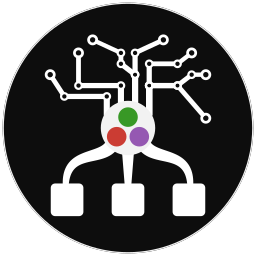JuliaGenAI Projects – Summer of Code

JuliaGenAI is an organization focused on advancing Generative AI research and looking for its applications within the Julia programming language ecosystem. Our community comprises AI researchers, developers, and enthusiasts passionate about pushing the boundaries of Generative AI using Julia's high-performance capabilities. We strive to create innovative tools and solutions that leverage the unique strengths of Julia in handling complex AI challenges.
IMPORTANT: There will not be any projects mentored this year by Jan Siml (svilupp) and Cameron Pfiffer (cpfiffer) due to time constraints, but we will be happy to answer any questions you might have - see below how to contact us.
There is a high overlap with other organizations, you should definitely check out these projects:
Projects with MLJ.jl - For more traditional machine learning projects
Projects in Reinforcement Learning - For projects around AlphaZero.jl
Projects with FluxML - For projects around Flux.jl, the backbone of Julia's deep learning ecosystem
How to Contact Us
Probably the easiest way is to join our JuliaLang Slack and join the #generative-ai channel. You can also reach out to us on Julia Zulip or post a GitHub Issue on our website JuliaGenAI.